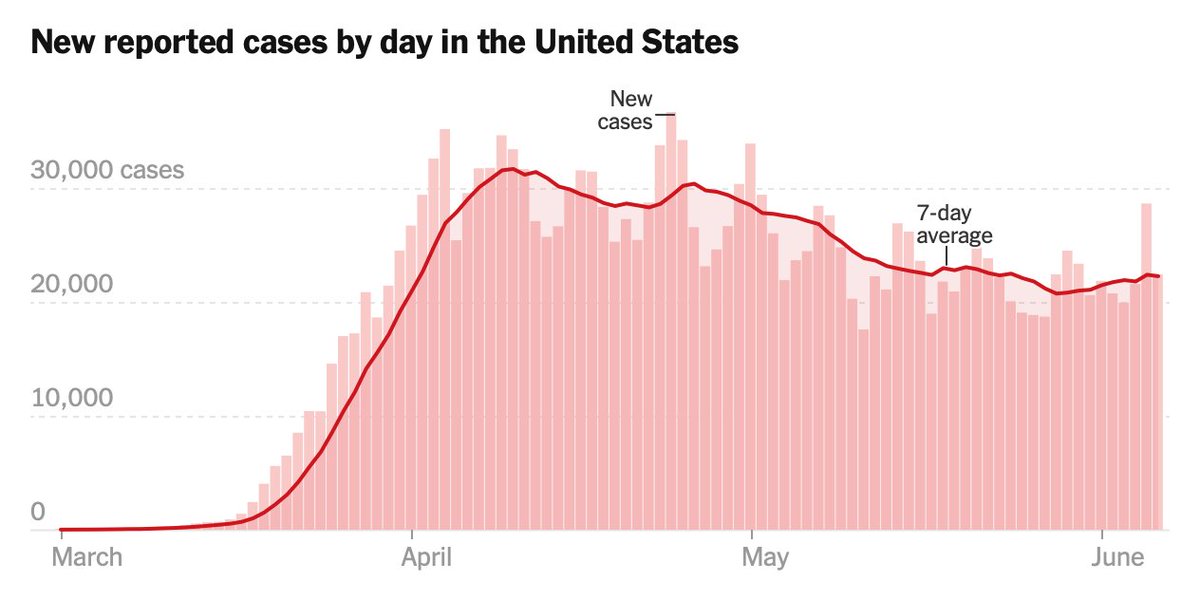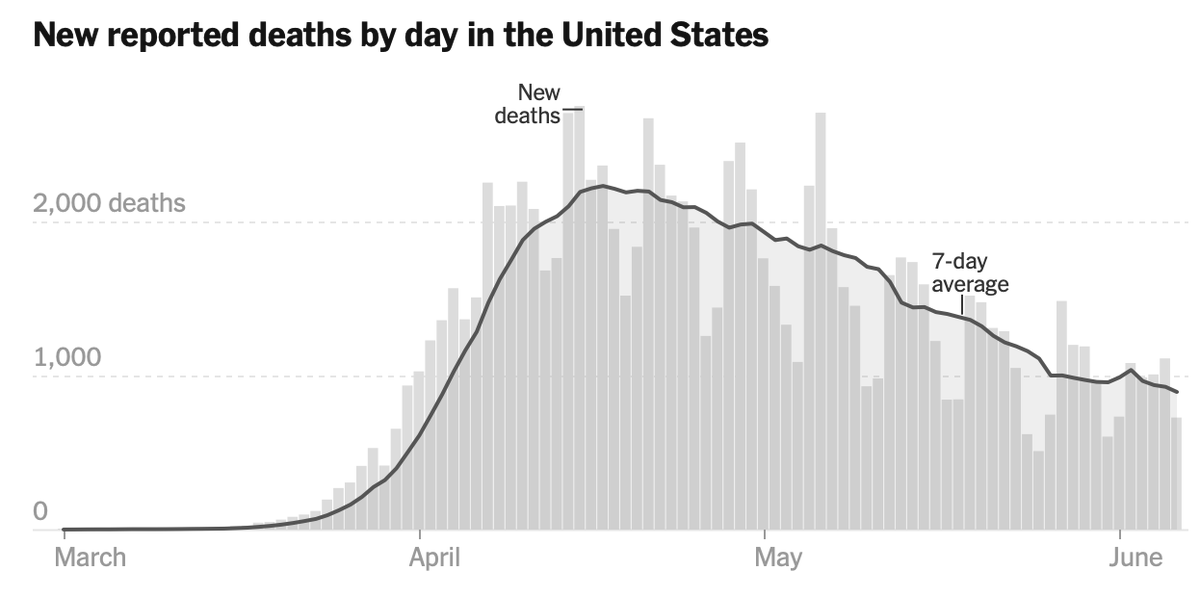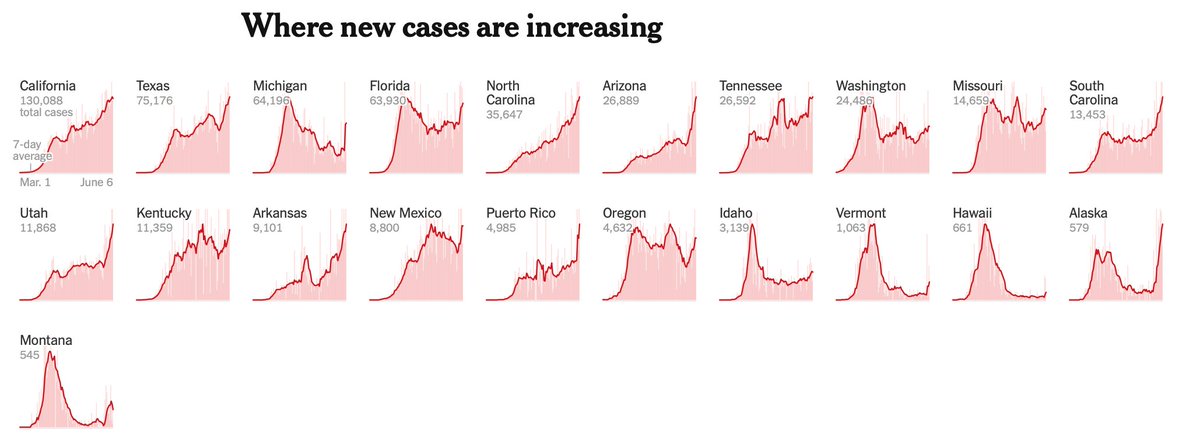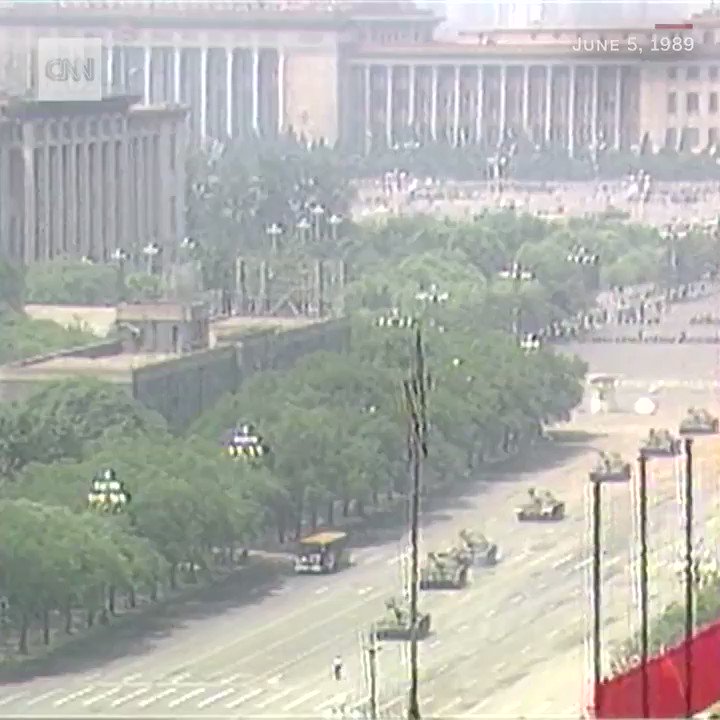When you walk into the emergency room now, there is silence.
It’s not just fewer patients. Fewer monitors. Fewer dying.
There is an actual emptiness...
(THREAD)
And all the patients look like they did before this pandemic upended our lives.
But there’s an unshakable unease.
Something isn’t right. Something is missing.
Maybe we are all trying to forget?
There’s Plexiglas up now to keep us protected. We wander around in masks, goggles and gowns.
And even if the people look the same, they aren’t.
Because some of our colleagues and friends are missing.
In the past few weeks, many colleagues around the city have tested positive for antibodies to the novel coronavirus.
Others weren’t.
The voice on the other end is pressured. Frantic. One of our doctors is coming in. Short of breath.
When you see him at triage, he can hardly stand.
His respirations are labored. Your heart races.
You treated war wounded during civil conflict in East Africa.
You treated Ebola in West Africa, where most of your patients died.
But now, seeing your colleague desperately hungry for air, you panic inside. He’s one of us.
You know what to do. You pray it works.
You’ve done this before, so many times.
But this is different.
Put him on oxygen. Stand by. Stay calm.
Deep breaths, both of you.
His oxygen saturation slowly rises.
It’s going to be okay. Bullet dodged. A friend and colleague saved.
You exhale.
Two days later, a colleagues dies.
On a ventilator helping him breathe. Infected like so many nurses who’ve been on the front lines.
And then one day, life leaves him.
When you started here years ago, he was one of the first to take you around.
Then another tragedy hits. Your colleague, your friend. She dies by suicide.
Go to Montenegro, it’s cheaper than Croatia.
You argued about whether Aperol was any good.
You heard about all of her snowboarding trips.
When she came back, you had walked around the emergency room together, lamenting your inability to do more in the face of the virus.
What we saw and experienced was too much.
Her death hurts you now. It will hurt you forever.
Now our crisis is silent. But it lives in each of us. It empties us out. It makes us hollow.
We can follow the trends of patients intubated in the intensive care unit.
We can chart the number of deaths per day to know when we can start working back toward normal.
How much we cry.
How much it hurts to see your friends struggle to breathe.
Struggle to deal with the terrible reality.
But long after that, this trauma will define a generation of health-care workers.
The best among us didn’t.
May they forever rest in peace.
For the sacrifice they made. For all of us.






